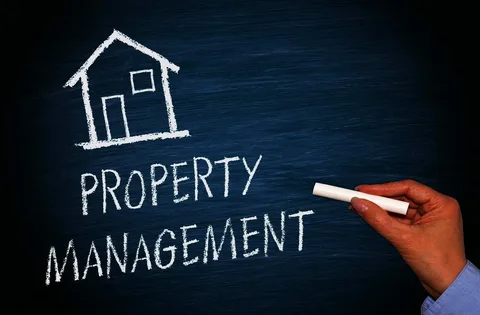Property management requires financial acumen as much as operational skills. At the heart of that is property management accounts, a critical but contentious aspect of managing residential and commercial properties. Done well, it maintains transparency and trust; done poorly, it incites disputes and legal headaches.
Here are some best practices to help property managers stay on top of their accounts and avoid headaches down the line.
1. Keep Detailed Records
You wouldn’t build a house without a blueprint, then why handle accounting without proper documentation? Every expense like maintenance, cleaning and repairs should be recorded with receipts and invoices.
Digital tools like property management software can cut down on paperwork and make tracking easier. The more organised you are, the smoother audits and resident queries will be.
2. Be Transparent with Tenants
Nobody likes surprise bills. To keep tenants in the loop, provide regular updates on service charge spending. A simple quarterly summary showing where their money is going builds trust and minimizes disputes.
If costs are rising, say, due to inflated energy prices, explain why. Transparency in service charge accounting prevents misunderstandings and keeps relationships positive.
3. Budget Thoroughly
Underestimating costs cause shortfalls whereas overestimating frustrates tenants. To strike the optimal balance, review past expenses and factor in inflation, seasonal repairs and emergency funds.
A good practice is to set aside a contingency fund (around 5-10% of the annual budget) for unexpected repairs. This way you won’t have to scramble for cash when a boiler breaks in the middle of winter.
4. Stay Compliant with Regulations
Property managers must follow strict rules when handling service charges. In the UK, for example, the Landlord and Tenant Act 1985 sets out guidelines on how charges should be calculated and communicated.
Don’t comply and you will be in for legal trouble, so always brush up on the latest regulations. If in doubt, consult a specialist accountant or property lawyer.
5. Use Specialized Accounting Software
Spreadsheets work for small setups but as your portfolio swells, manual tracking becomes hell. Modern property management software automates invoicing, tracks expenses and even generates reports for tenants.
Look for tools that integrate with banking systems, making reconciliations faster.
6. Conduct Regular Audits
Even with the best systems, mistakes happen. An annual audit, internal or by a third party, helps catch discrepancies early. It also reassures tenants that their money is being handled properly.
Conclusion
Good service charge accounting means fairness and transparency are upheld. Property managers can stay ahead of the curve and keep landlords and tenants happy by keeping accurate records, communicating openly and using the right tools. When finances are handled right, everyone benefits.


